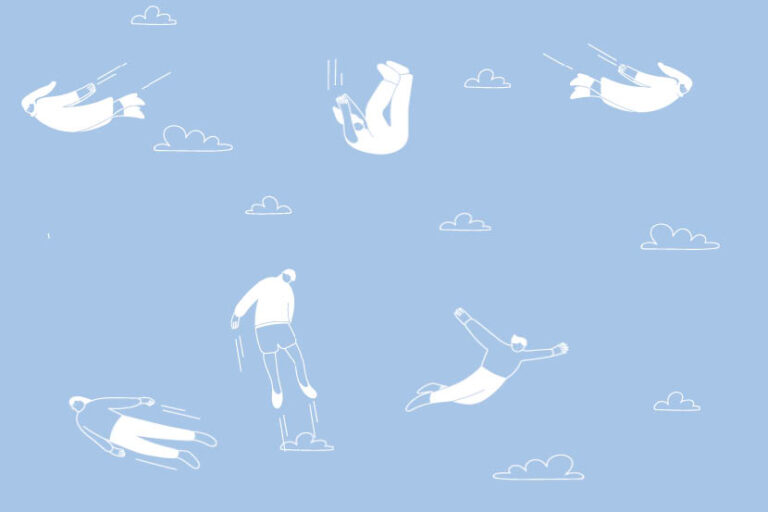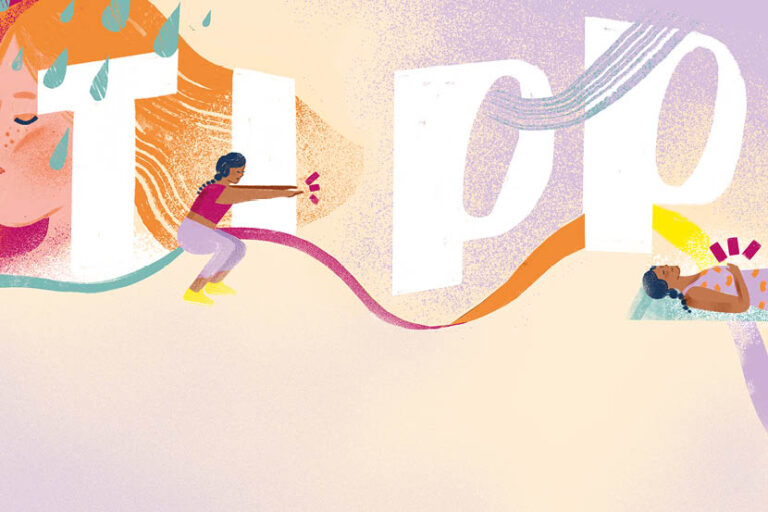
The path to forgiveness isn’t always easy, but exploring it through writing can bring clarity and relief. Discover how journalling exercises can help you process emotions, release resentment, and find a path forward.
How to know who, what, when, whether, and how to forgive can be both emotionally and physically draining – and that’s to say nothing of any practical considerations.
The emotional & physical effects of letting go
But forgiveness can bring many benefits, according to a number of research projects. One study, published in the journal Psychological Science, looked at the physiological effect of forgiveness. In the study, participants were asked to recall a hurt and then focus on the thoughts, feelings, and physical responses they experienced when either forgiving someone or rehashing the blow and holding a grudge. As they did so, researchers recorded their psychophysiological responses, emotional responses, and facial expressions. The results suggested that forgiveness was associated with healthier emotional and physiological reactions than hanging on to thoughts of the offence.
Letting go is something that can be done for the self – it’s not always about another person. Importantly, it doesn’t necessitate letting anyone back into your life. This might sometimes happen as a result of the forgiving process, but it isn’t the aim. It all depends on individual circumstances.
How writing can help heal past hurts
But how does forgiveness happen? Contrary to what’s often imagined, it isn’t as simple as just deciding to forgive. And how is it possible to know if a hurt has truly been forgiven and the pain and feelings of resentment are put to rest?
In her book, Forgiveness Made Easy, speaker and personal coach Barbara J Hunt explains how the ego protects from feelings of hurt and grief, which are often hidden beneath a tough shell of resentment. To let go of resentment, a safe space is needed for a person to be vulnerable and give time and attention to painful emotions. Creative writing is one way to explore honestly any hurts and discover the feelings that might lie beneath them. This isn’t easy, and it’s important to be aware that writing about hurts – even those that might seem insignificant – can evoke strong feelings. But it might also present a path from which it’s possible to reach a place of genuine forgiveness.
Journalling exercises to release resentment
Journalling exercises can aid the processes of letting go of resentment and cultivating forgiveness. Consider setting a timer for around 10–15 minutes. That way, you’re less likely to become overwhelmed. If, after this period, you feel you need more time to bring a sense of closure, add another five minutes.
Unsent letter
This is a classic way to say everything you wish you could say but would rather not to someone’s face.
Write down all your thoughts and feelings without censoring or judging yourself. The resentment might seem immature and even out of proportion.
Equally, it might seem justified and appropriate. Whatever comes up, listen to your innermost thoughts and record them on the page. For some, burning or shredding the letter can be a powerful ritual and a way of letting go of its contents.
Skating on thin ice
Think of your resentment as thin ice on a river. Go on a guided journey, describing the process of cracking the ice. How does it feel to break through? What is under the ice, hiding there? How does it feel to look beneath? Describe what you can see.
What would bring healing to the events, stories, and emotions under the ice? Continuing the metaphor, perhaps the past is washed away when spring comes and the water melts and starts to flow again.
Everyday forgiveness
Resentment isn’t always about huge events or people who have hurt us deeply. Everyday grudges about minor things can build up to something that seems bigger. It could be that a partner or friend is distracted and isn’t paying attention to concerns you have, or that a colleague is dismissive and even snappy in response to your questions. Spend a week keeping a resentment diary. Notice the emotions that arise when other people’s behaviour or actions are irritating or hurtful. Write them down, express your feelings. Do you notice a shift in emotion, a letting go? Bringing awareness to the way the ego latches on to other people’s behaviour or words is one way to cultivate everyday forgiveness and compassion for others.
Life after forgiveness
Visualise your life after forgiveness. How does it feel not to carry the resentment around with you anymore? What other feelings have come to take its place? Is your life easier, lighter, and more carefree without it?
‘It’s one of the greatest gifts you can give yourself, to forgive. Forgive everybody’ – MAYA ANGELOU


















